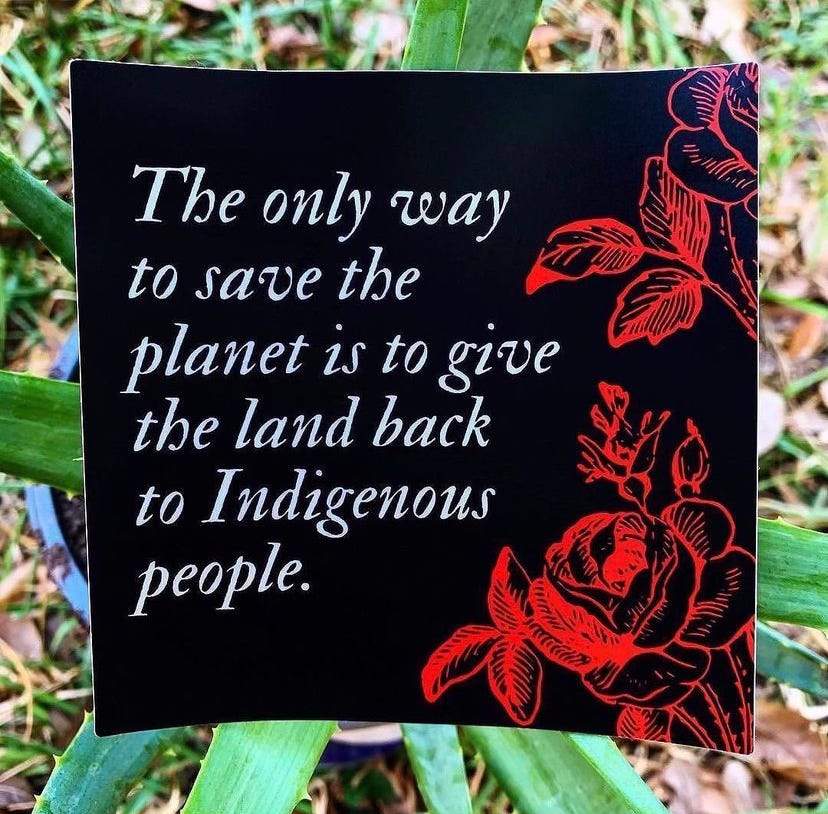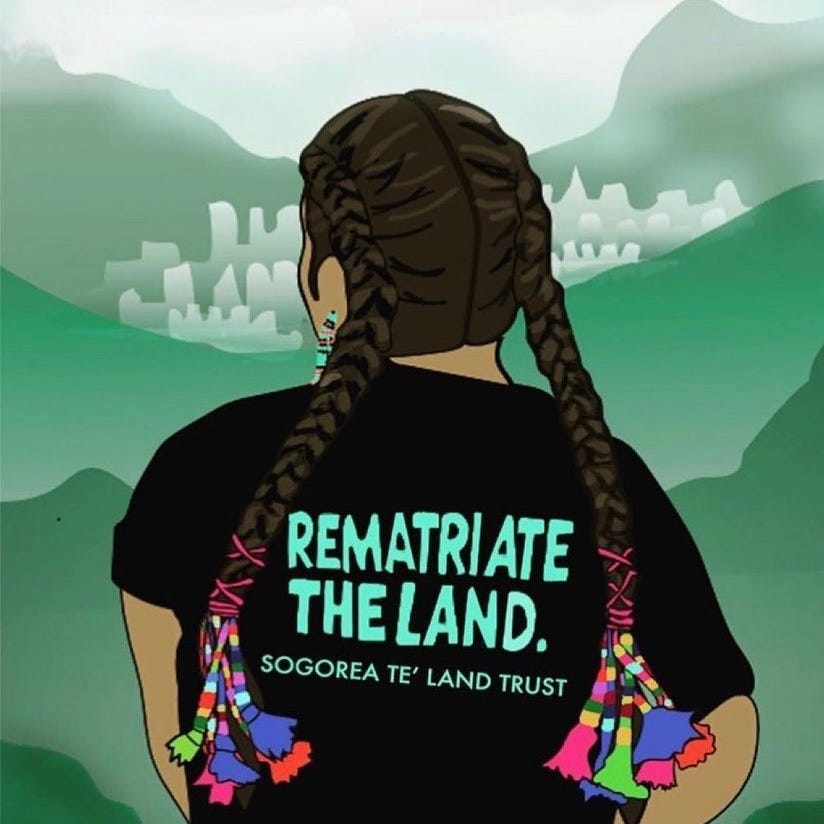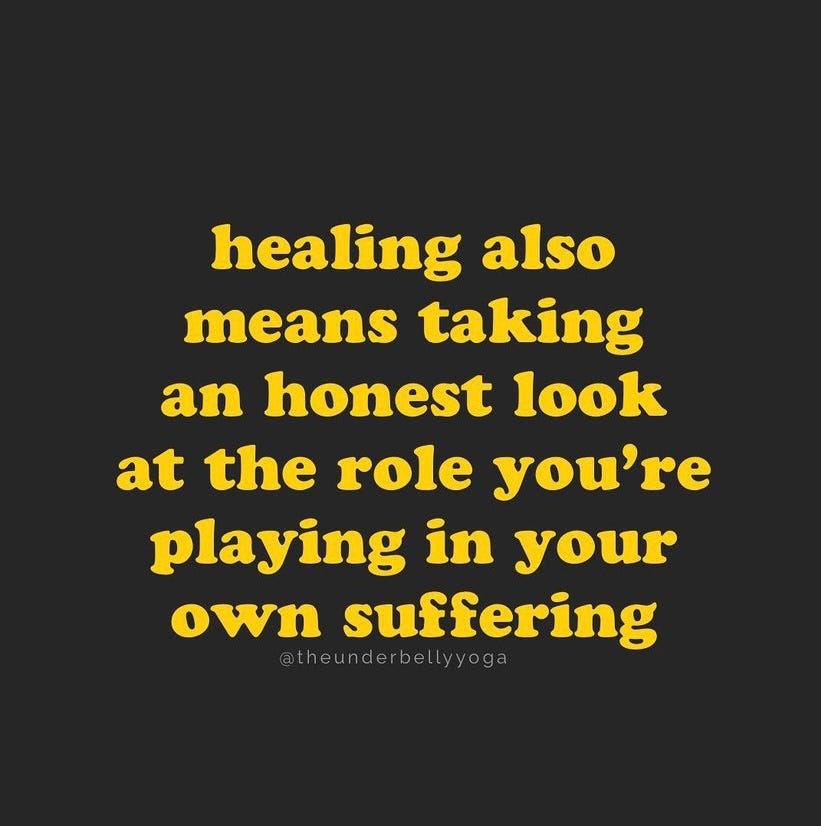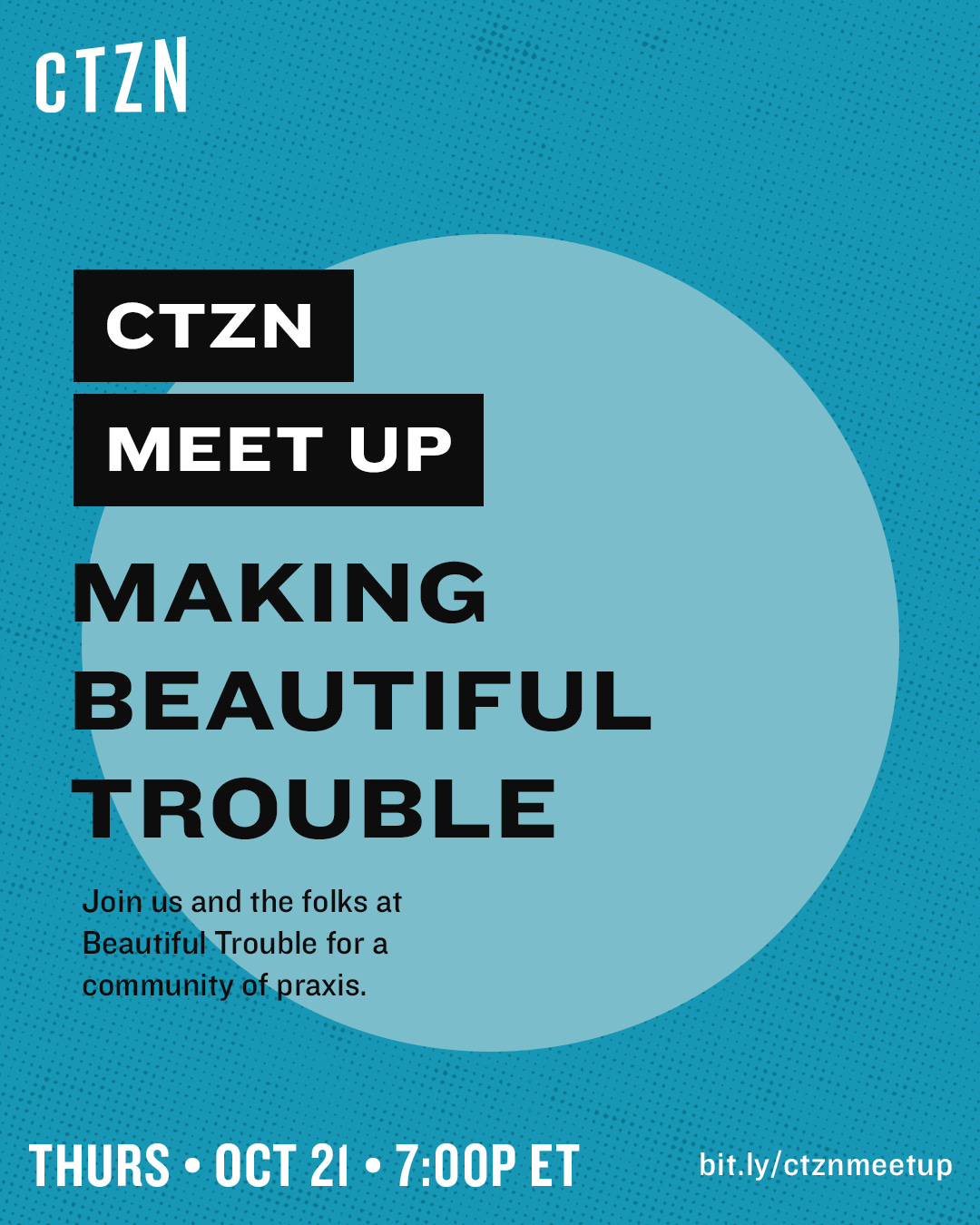We often are disconnected from nature and speak of nature as if it is not a part of ourselves. We are nature. In the very beginning of the pandemic in the U.S. many found hope in noticing how the Earth has been able to heal herself in other places across the globe because with us being on lockdown, she was given the time to heal herself. Somewhere between initial lockdown and economic turmoil, the anxiousness of wearing masks forever and debating on the jab we have become blind sided in actively engaging in the climate crisis. Tornados and fires, hurricanes and floods Earth is tired and we have got to take action immediately but who will lead us?
Our Indigenous siblings are guiding the way in the climate crisis because they know to honor the Earth and each other as ourselves. In this weeks WELLREAD, witness the work of Indigenous people across the nation while continuing to honor and uplift their lives beyond Indigenous People’s Day. Engage in taking action and making beautiful trouble.
Last month we gathered and shared in the collective medicine at our CTZN Community MeetUp. And we heard you loud and clear, it was exactly what we needed collectively. This month we are back and we will not stop Making Beautiful Trouble - together. On Thursday, October 21 at 7pm EDT/ 4pm PDT we are circling up with our friends over at Beautiful Trouble to divine the future that we all deserve. Together we will explore:
How to take risk but take care
How to build our hope muscle
And how to burn bright while NOT burning out
We cannot wait for you to join us, its free just sign up here. Can’t make it? You can catch the playback on Patreon!
Kennae
Art by @muchachafanzine
Understanding the role of Indigenous peoples in determining future climate policies does not only consist of how climate change affects their livelihoods and survival-it is essential for climate justice to be achieved. [click to tweet]
If 100 companies are responsible for 70% of emissions, what can you possibly do to make a difference? Here’s what. [click to tweet]
The young want to leave, the middle-aged are broke, and the old are giving up. How did American life become so unlivable? Predatory capitalism. [click to tweet]
When we believe women, we actually have to be willing to do something about it. What are we telling women when we don’t? [click to tweet]
For every seed planted to dismantle dominant culture White Women Have Been Segregation’s Constant Gardners. It’s it time to actively do the opposite. [click to tweet]
Everyday is Indigenous Peoples’ Day when you’re living on stolen land. How will you continue celebrating Indigenous Peoples, Indigenous sovereignties and anti-colonial struggles? Here are some ways to practice:
Listen to Indigenous people. Learn whose land you live on. Then go deeper: More than just the names of the original peoples of the land, what do you know of their lives and culture? What is the history of this land? How was the land used? Kanyon Sayers-Roods, a Mutsun Ohlone activist in Northern California, says, “The acknowledgement process is about asking, What does it mean to live in a post-colonial world? What did it take for us to get here? And how can we be accountable to our part in history?”
Land return. The process of rematriation invites us to find out what local Indigenous organizers are calling for and following their lead. For example, Sogorea Te Land Trust, an urban Indigenous land trust, invites non-Native locals on Ohlone land in the San Francisco Bay Area to reimagine their relationship to the land and help return Indigenous land to Indigenous Peoples by building “many paths of radical reciprocity that are a part of rematriation and land return.”.
Pay land tax. Non-Native residents can also pay a land tax out of respects for the sovereignty of Native people on their ancestral lands. Check out the honor tax toolkit.
Decolonize. Decolonization is an everyday practice of unlearning and detoxing ourselves from the colonial mindset AND actively resisting the legacy of colonization and imperialism. Check out these tools from our friends at Beautiful Trouble.
Art by @ines_ixierda
How do we continue to show up and dig deeper, even when at home outside of collective spaces? Check out the latest titles from our abolition reading list:
Abolition For The People, by Colin Kaepernick, Abolition for the People is an invitation to transform our communities into places where conflict, harm, and violence are addressed with collectivity, care, and holistic accountability. Here’s a sneak peak.
Becoming Abolitionists, by Derecka Purnells, shows that abolition is not solely about getting rid of police, but a commitment to create and support different answers to the problem of harm in society, and, most excitingly, an opportunity to reduce and eliminate harm in the first place.
In An Abolitionist's Handbook: 12 Steps to Changing Yourself and the World Patrisse Cullers charts a framework for how everyday activists can effectively fight for an abolitionist present and future.
We Do This ‘Til We Free Us, by Mariame Kaba, reflects on the deep work of abolition and transformative political struggle.
Photo by @akpressdistro
Taking a step back as fall invites us to do gives us an opportunity to witness what ways we have played a role in our suffering. Not just individually but collectively. When we do not witness the suffering of the Earth and her inhabitants, when we do not witness the suffering of each of her children, we fail to see ourselves.
Art by @theunderbellyyoga
Join us NEXT WEEK for our monthly meetup to explore how to make Beautiful Trouble and divine the future that we all deserve! Register HERE.
CTZNWELL is community powered and crowd-sourced. That’s how we keep it real. Please consider joining us on Patreon for as little as $2/month so that we can keep doing the work of creating content that matters for CTZNs who care.









